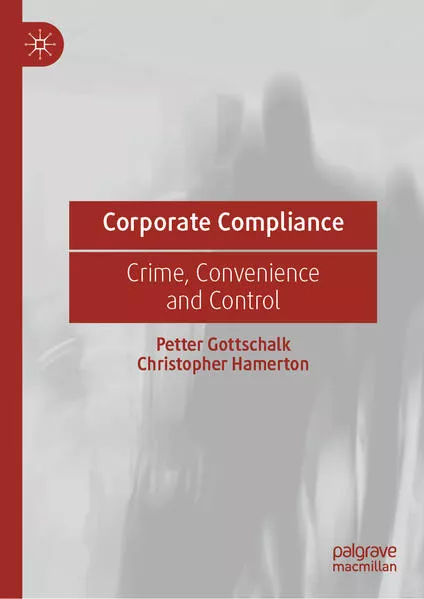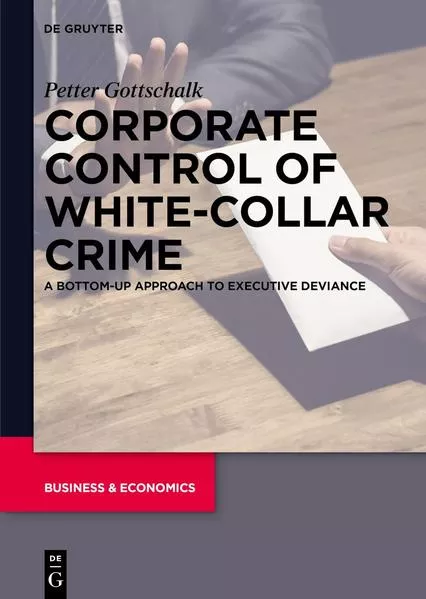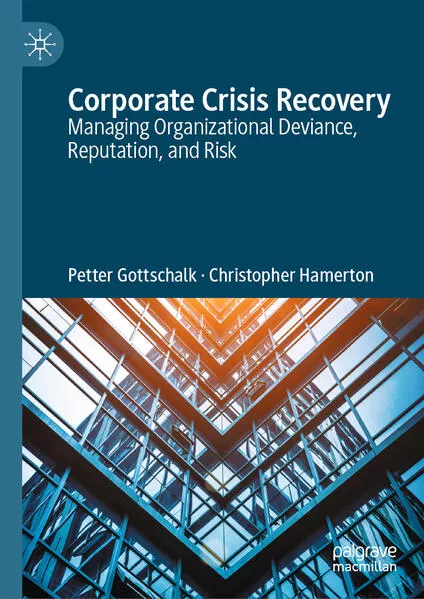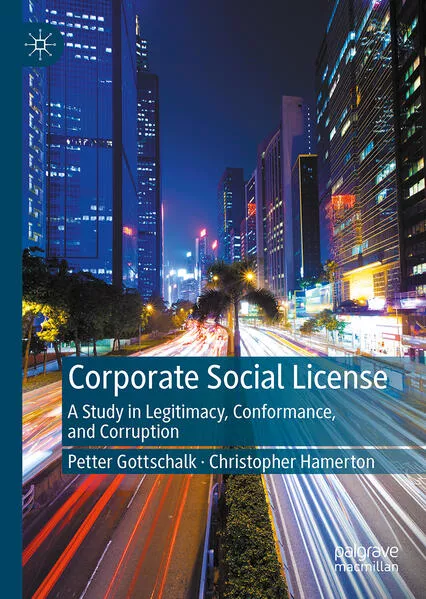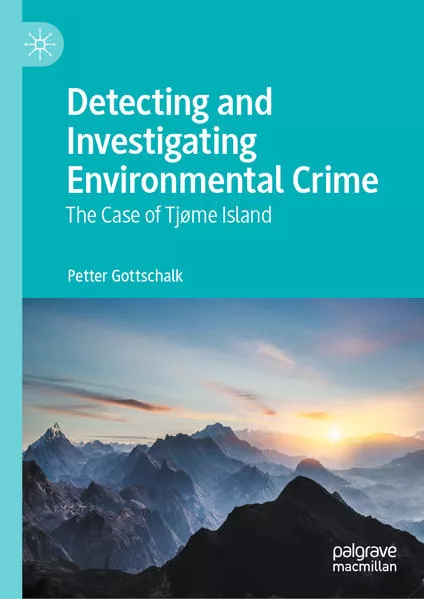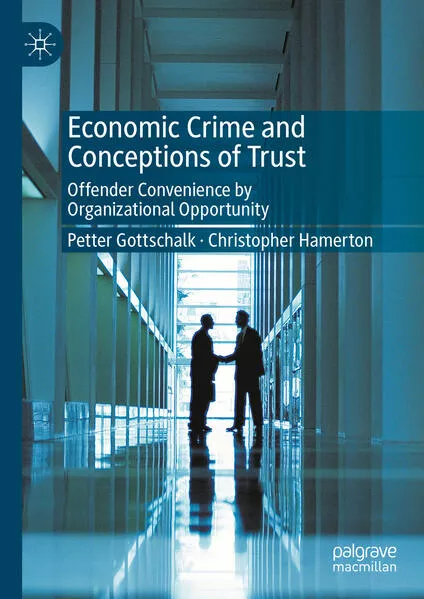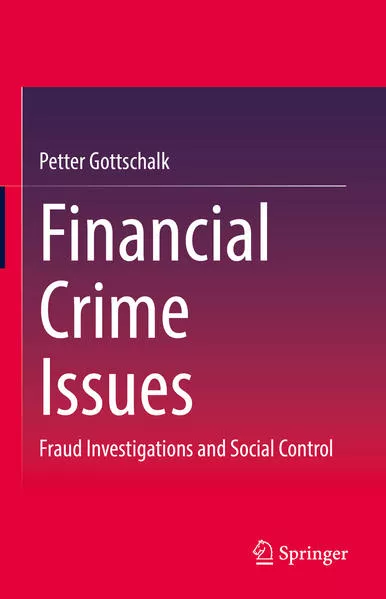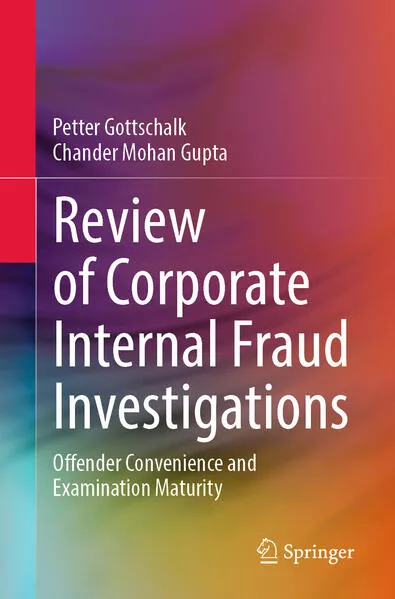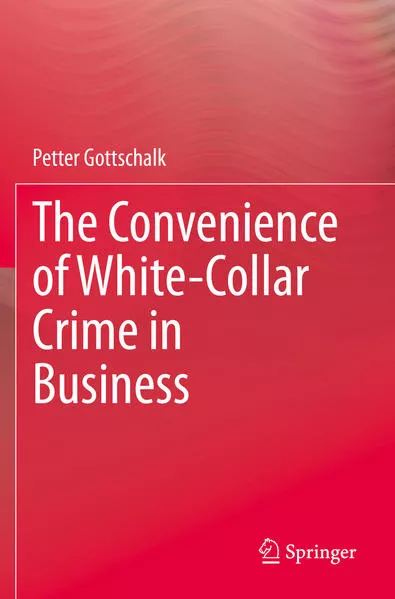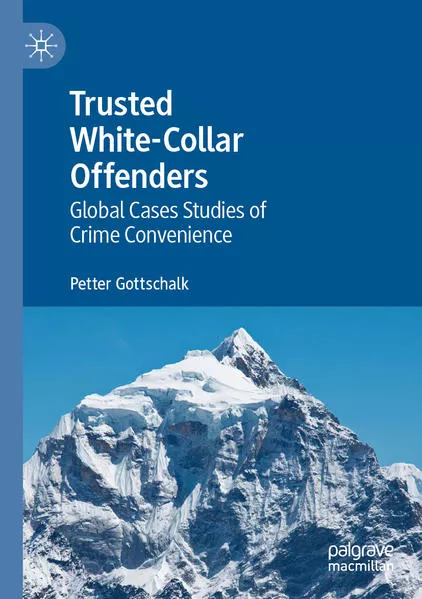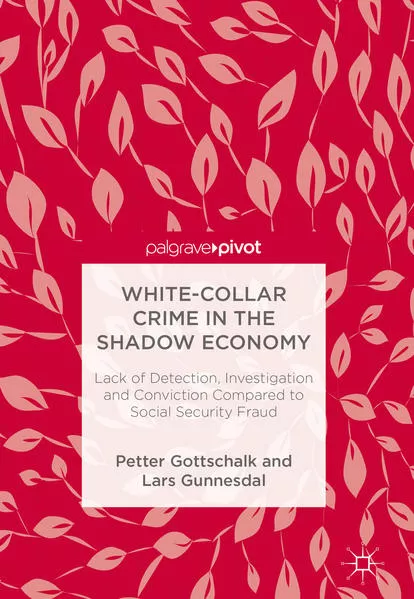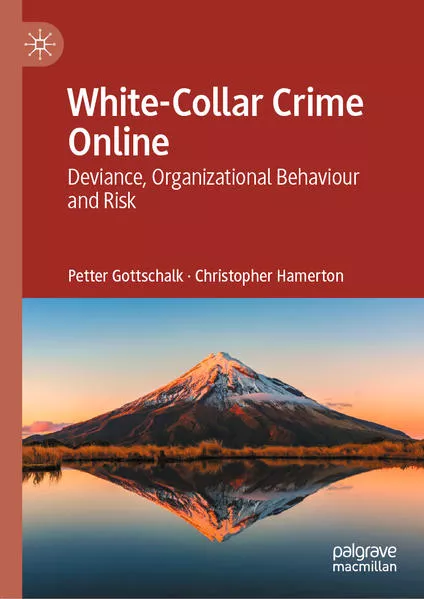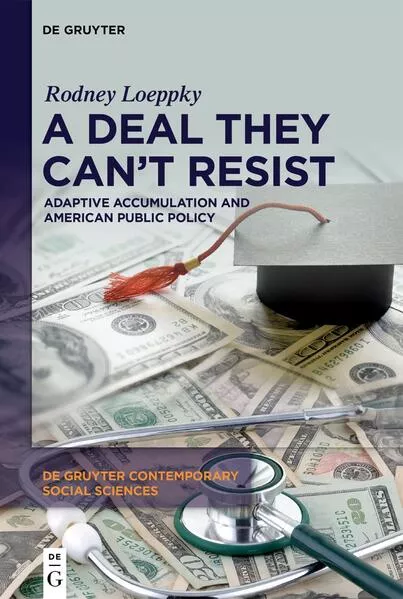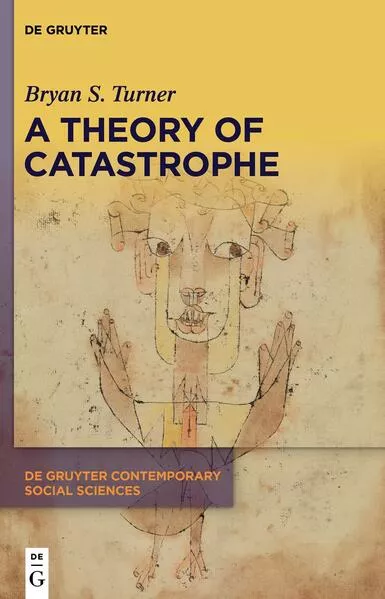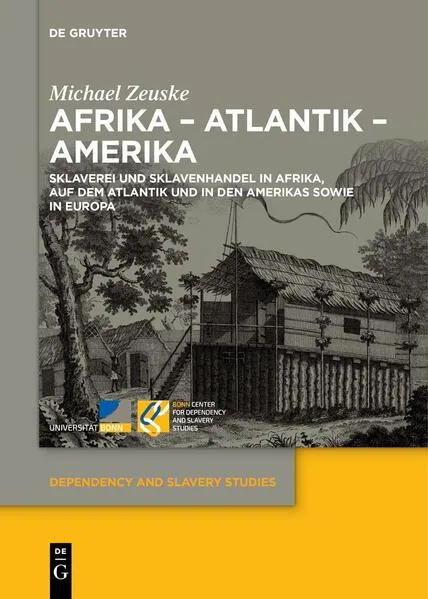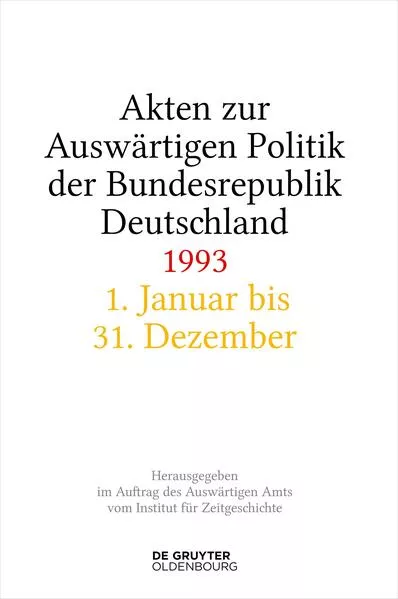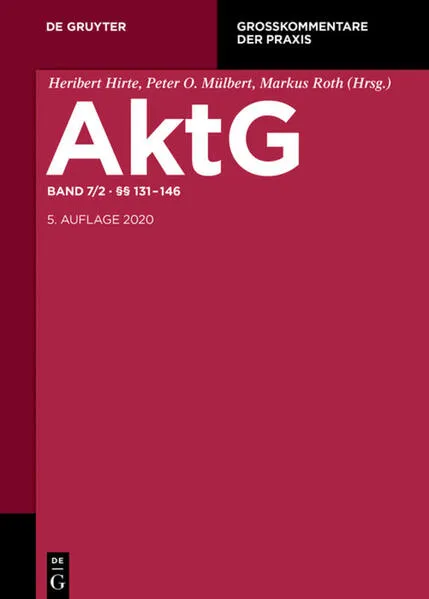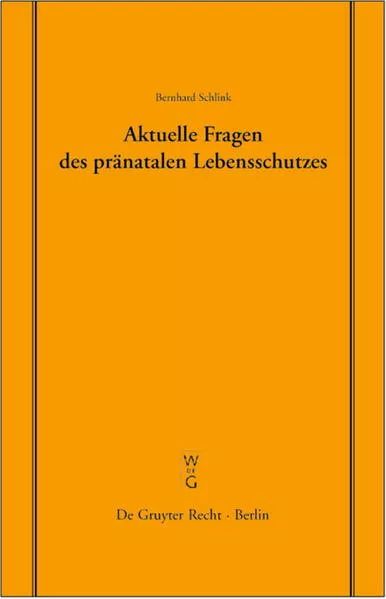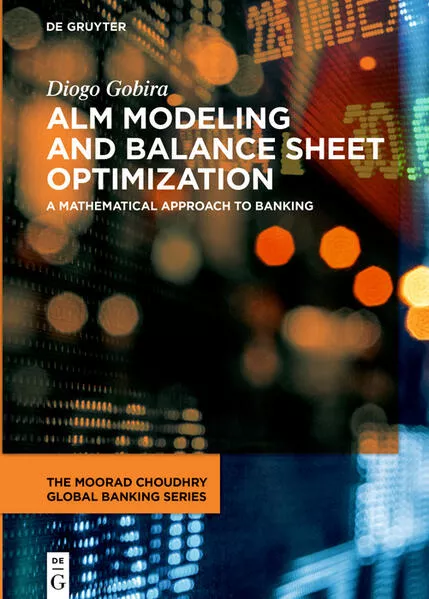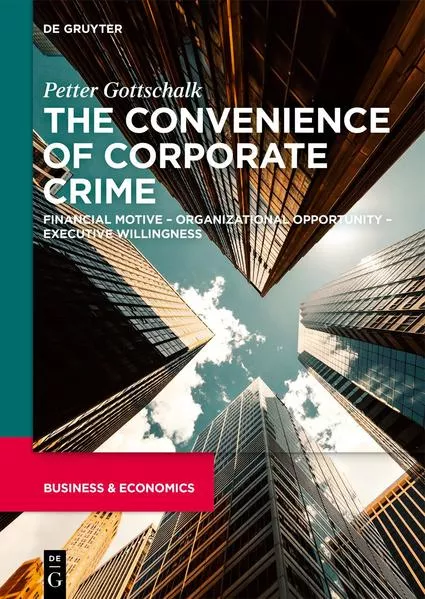
The Convenience of Corporate Crime
Financial Motive – Organizational Opportunity – Executive Willingness
As documented in a number of case studies (from Telia Telecom in Sweden to Wirecard in Germany) in this book, recidivism seems to be of a substantial magnitude in corporate crime. Corporations tend to repeat white-collar offenses such as financial crime and environmental crime in various forms as long as they find it convenient. A minor fine from time to time and dismissal of some executives as scapegoats do not prevent corporations from committing and concealing new offenses as long as there is a convenient financial motive, a convenient organizational opportunity, and a convenient willingness for deviant behavior. Businesses and their executives tend to be recidivists who get away with light punishment in most jurisdictions.
The relevant audiences for this book include law students, business students, sociology students, and criminology students. Fraud examiners, defense attorneys, compliance officers, police investigators, as well as prosecutors can find the structural model of convenience to be an ideal template in preparing corporate crime case narratives.
Unterstütze den lokalen Buchhandel
Nutze die PLZ-Suche um einen Buchhändler in Deiner Nähe zu finden.
Bestelle dieses Buch im Internet
| Veröffentlichung: | 22.11.2021 |
| Seiten | 300 |
| Art des Mediums | E-Book [Kindle] |
| Preis DE | EUR 89.95 |
| Preis AT | EUR 89.95 |
| Auflage | 1. Auflage |
| ISBN-13 | 978-3-110-76695-0 |
| ISBN-10 | 3110766957 |
Über den Autor
Petter Gottschalk is Professor of Information Systems and Knowledge Management at BI Norwegian Business School, Norway. He is the author of over 20 books on the topic of white-collar crime and knowledge management. He has served as CEO of Norwegian Computing Center, ABB Datakabel, Statens kantiner, and Norsk Informasjonsteknologi (NIT). He has lectured on criminal entrepreneurship, organised crime, and knowledge management at the Norwegian Police University College in Oslo, where his books on criminal organisations and police intelligence processes are used as text books. Dr. Gottschalk did his MBA in Germany (Technical University of Berlin), MSc in the United States (Dartmouth College and MIT), and DBA in the United Kingdom (Henley Management College, Brunel University). He has taught in Singapore; at Fudan University, China; and at the Arab Academy for Science, Technology, and Maritime Transport, Egypt. His studies on crime and policing is published extensively in international resea
Diesen Artikel teilen
0 Kommentar zu diesem Buch
... weitere Publikationen von Gottschalk, Petter
.... weitere Publikationen von De Gruyter
Echo aus dem Eis: Band 2 der Northern-Drift-Reihe - Aviation-Mystery in Eis und Dunkelheit
Bewerbungsfrist bis zum: 03.03.2026


